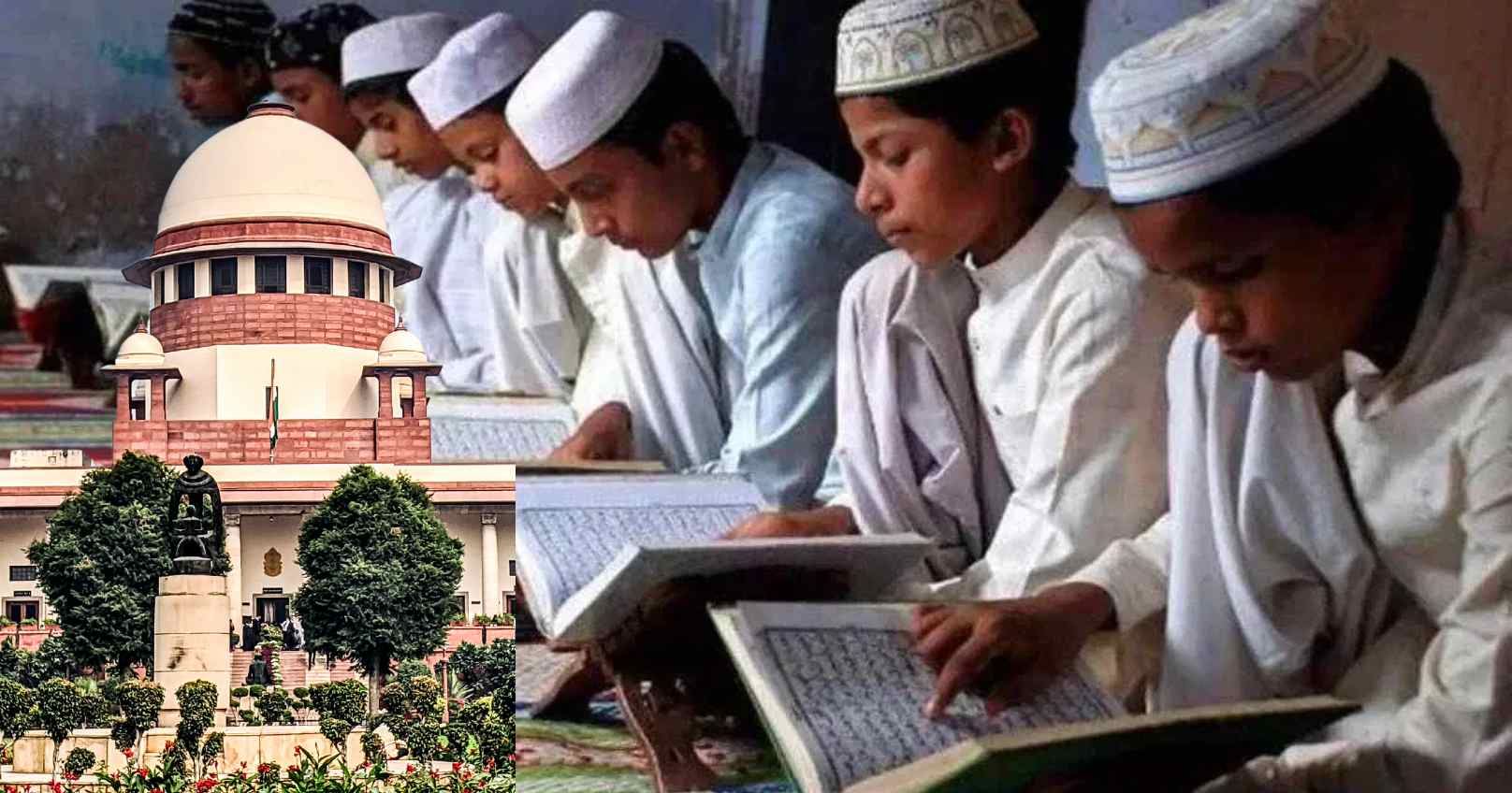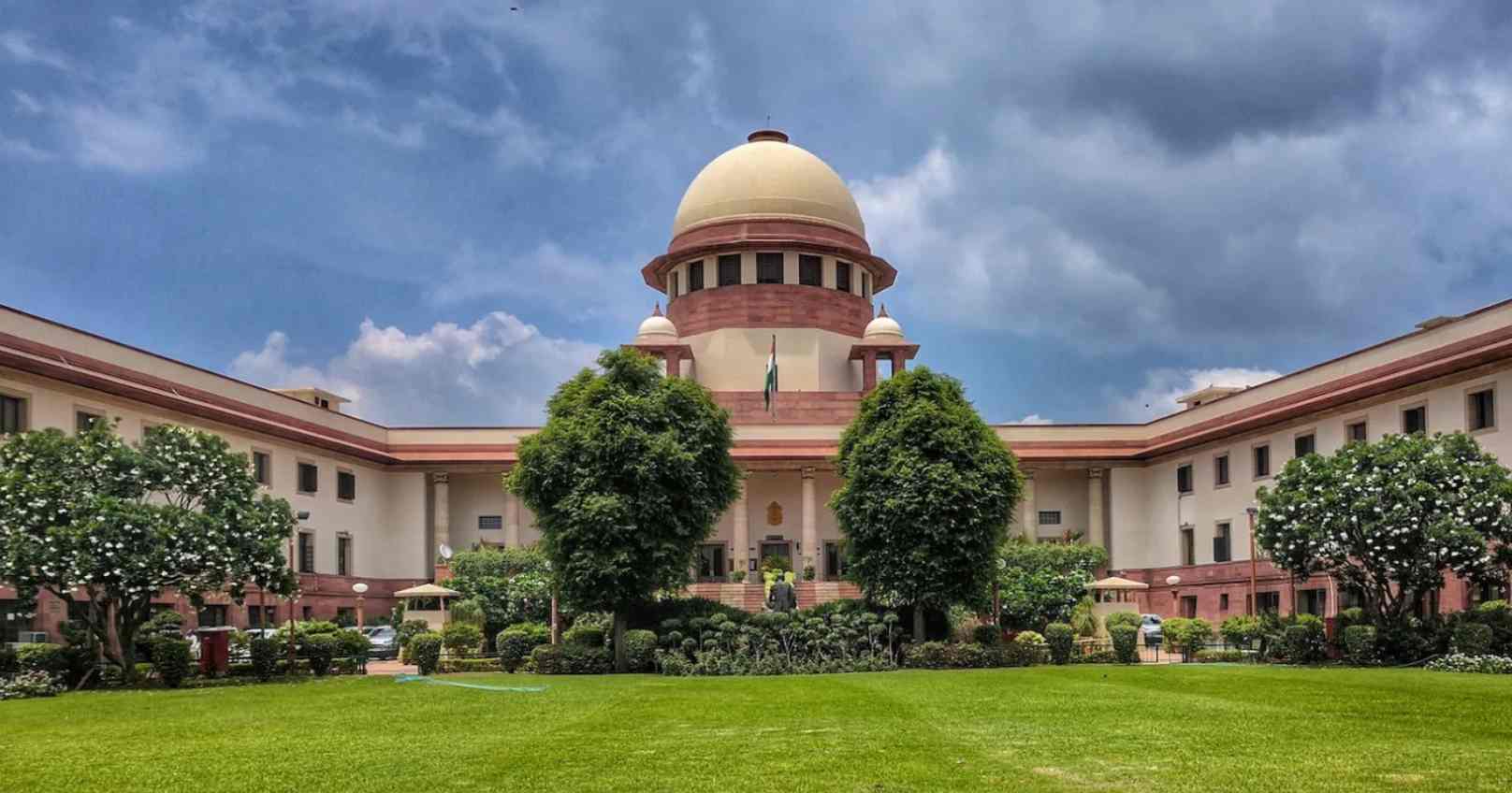The Supreme Court of India has delivered a major ruling providing relief to around 1.7 million madarsa students in Uttar Pradesh by upholding the constitutionality of the UP Madarsa Education Act, 2004. This judgment overturns the Allahabad High Court's earlier ruling from March 22, which had invalidated the Act on the grounds that it violated secular principles.
The decision was made by a bench consisting of Chief Justice DY Chandrachud, alongside Justices JB Pardiwala and Manoj Misra. They determined that the High Court's interpretation, which found the Act unconstitutional, was flawed, emphasizing that the state possesses legislative authority to enact such a law. The bench clarified that the Act's intent is to standardize educational standards within madrasas rather than disrupt secularism.
The Supreme Court specifically addressed degrees in Islamic studies such as ‘fazil’ and ‘kamil,’ stating that madarsas in Uttar Pradesh would not be allowed to recognize qualifications extending beyond the high school level, as these would conflict with the University Grants Commission (UGC) Act. The ruling does, however, allow madrasas to continue functioning under state regulation, with the provision that the Act does not interfere with their day-to-day activities.
The bench underscored that the Act aligns with the state's obligation to protect minority rights, allowing students to receive an education that can enable them to pursue employment. The court noted that secularism is not violated by religious instruction in education, as this does not inherently make a law unconstitutional.
Currently, Uttar Pradesh has approximately 23,500 madarsas, with 16,513 recognized by the state and 560 receiving government funding. The ruling means that these institutions can continue operations with standards regulated by the state.
Prior to the final verdict, Chief Justice Chandrachud’s bench held extensive hearings involving several lawyers, including representatives for eight petitioners such as Anjum Kadari, along with Additional Solicitor General KM Natraj for the Uttar Pradesh government. The Supreme Court had earlier stayed the Allahabad High Court’s decision on April 5, referencing secularism as a principle of coexistence and tolerance, reiterating that secularism encourages "live and let live."
This ruling affirms the place of madarsa education within the state’s framework, reflecting a balance between educational standards and religious diversity.







